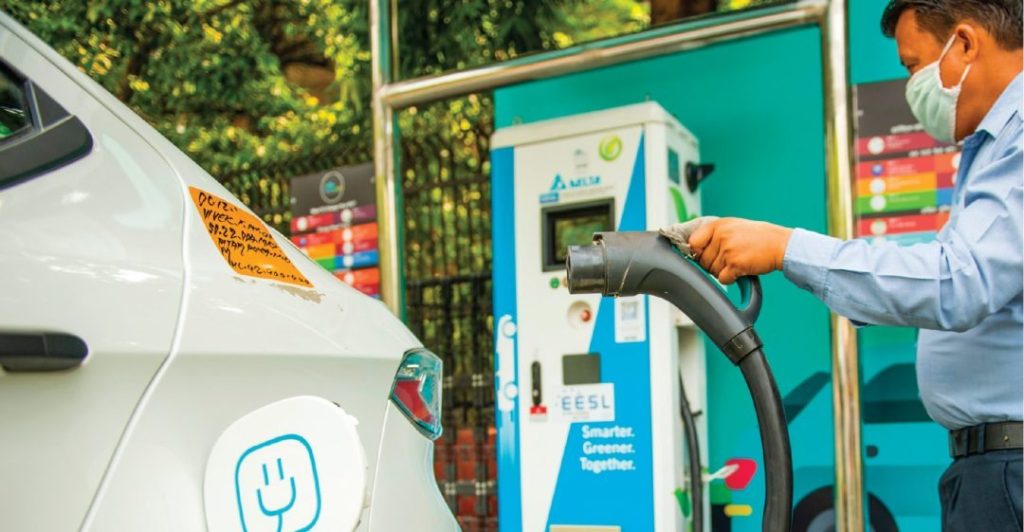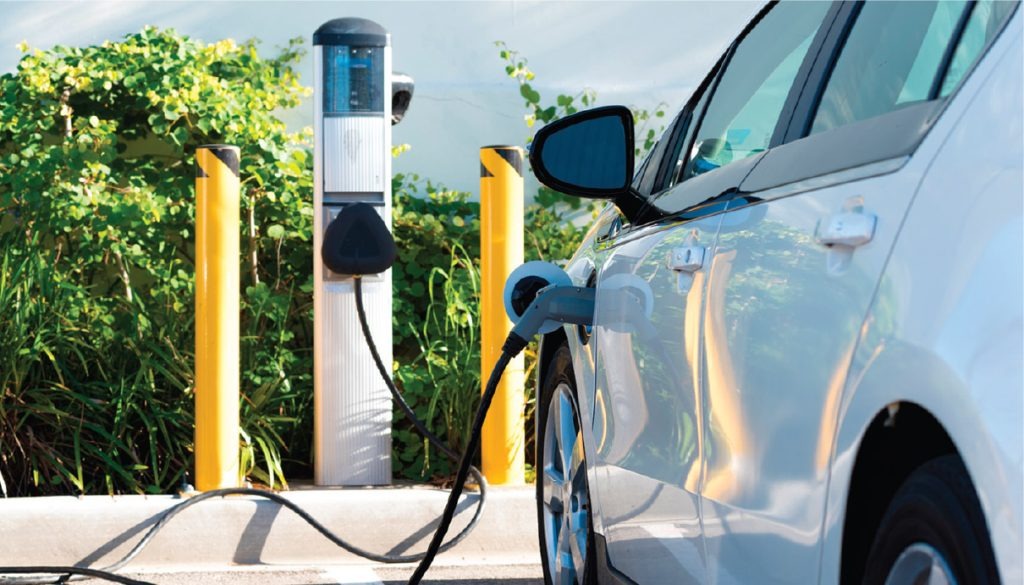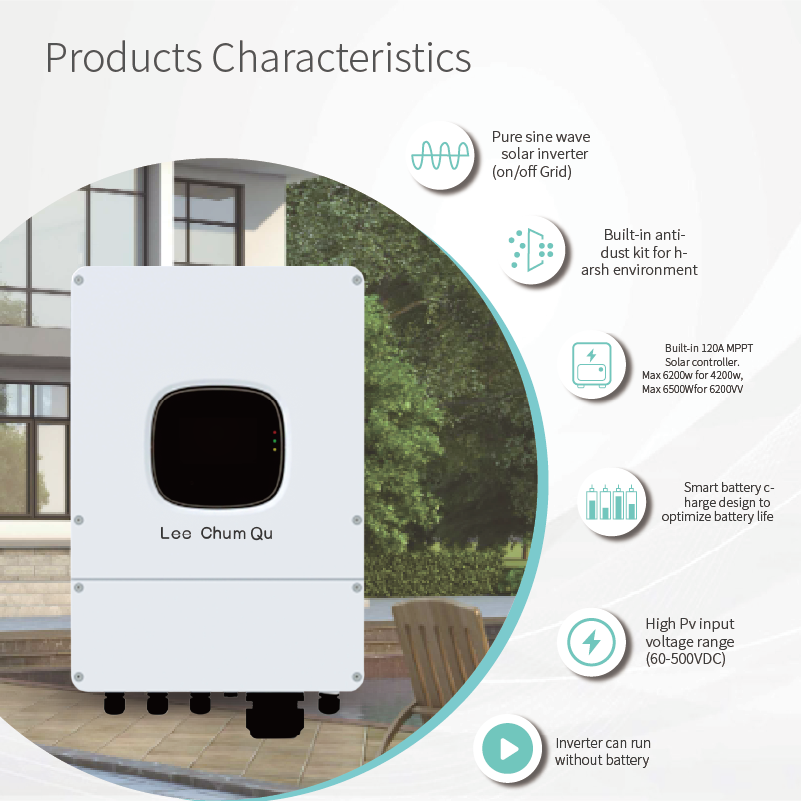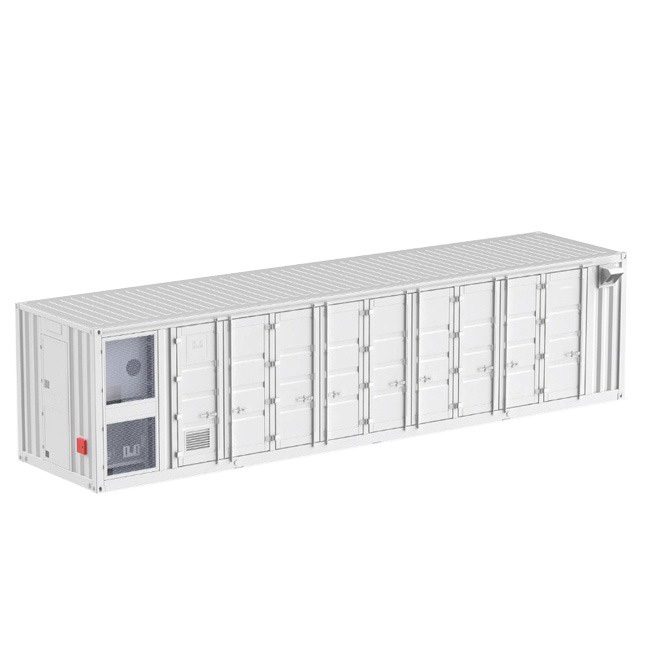Relying on Renewables: Government initiatives drive energy storage adoption in India


Energy storage systems (ESSs) are widely used in electric vehicles (EVs), microgrids and renewable energy systems. The growing renewable energy capacity addition and rising demand for EVs are key drivers for capacity expansion and cost reduction in battery storage technologies. To increase the uptake of storage systems, the government has announced several policy and regulatory initiatives and floated several tenders and projects for its development.
The government is formulating policies at the state and national levels to bolster renewable supply, construct operational reserves and improve system flexibility by building ESS capacity. In July 2022, the Ministry of Power (MoP) released the energy storage obligation (ESO) that mandates the procurement of 1 per cent of electricity from solar and wind projects with storage capacity in 2023-24. This mandate will remain in place until financial year 2029-30, with the ESO requirement increasing on a yearly basis. Hence, from 2029-30, the MoP requires buyers to utilise 4 per cent of the total electricity from solar and wind projects equipped with storage capacity. In March 2022, the MoP issued guidelines for the procurement and utilisation of battery ESSs (BESSs) as components of generation, transmission and distribution assets, including ancillary services. Earlier, in June 2021, interstate transmission charges were waived off for BESS projects commissioned up to June 30, 2025.

In the Union Budget 2022-23, the central government announced plans to introduce a battery swapping policy and formulate interoperability standards, considering the constraint of space in urban areas, which hinders the large-scale installation of charging stations. The private sector will be encouraged to develop sustainable and innovative business models for “battery- or energy-as-a-service”. This will improve efficiency in the EV ecosystem. Is leading the formulation of battery swapping policies and battery-swapping standards with all relevant stakeholders. It also announced a 20 per cent basic customs duty on lithium-ion cells and lithium-ion battery packs, while also extending customs duty exemptions to the import of capital goods and machinery required for manufacturing lithium-ion cells for batteries used in EVs.
Tenders and project-related developments
Several large-scale standalone energy storage as well as hybrid renewable power and energy storage tenders have been launched.
In April 2023, the Asian Development Bank (ADB) and Tata Power Delhi Distribution Limited entered into an agreement to subscribe to non-convertible debentures for Rs 1.5 billion to enhance Delhi’s power distribution through grid enhancements. Additionally, a $2 million grant was provided to partially finance the purchase and integration of a pilot BESS. The 10 MWh BESS is South Asia’s first grid-scale energy storage project at the distribution transformer level. It will allow electricity to be stored and delivered on demand, reducing grid instability and providing the flexibility required to integrate intermittent solar and wind energy resources. The grant to finance the BESS is provided by the Goldman Sachs and Bloomberg Philanthropies’ Climate Innovation and Development Fund, administered by ADB.
Challenges
While the outlook for the energy storage sector looks positive, the sector still faces several challenges. To begin with, the exploration and R&D of advanced energy storage technologies require a substantial initial investment, deterring several potential investors from establishing a robust energy storage market in India. Another significant challenge is sourcing raw materials, many of which are rare earth minerals not abundantly available in the country. To address this issue, the Indian government plans to provide viability gap funding to promote the development of 4,000 MWh of BESS, as per the union budget. Further, safety concerns continue to hamper growth in the segment due to a lack of confidence in these technologies among producers, investors and potential consumers. Environmental concerns are also a crucial consideration as storage systems and batteries can have a significant impact on the environment, not only during disposal but also during extraction and mining. Furthermore, despite the growing demand for energy storage technologies in the Indian market, the domestic manufacturing set-up is not well established, and the majority of the demand is met through imports. The lack of long-duration batteries, standardisation and timely degradation, along with the limited energy density of existing batteries, are additional impediments to the growth of the market.
